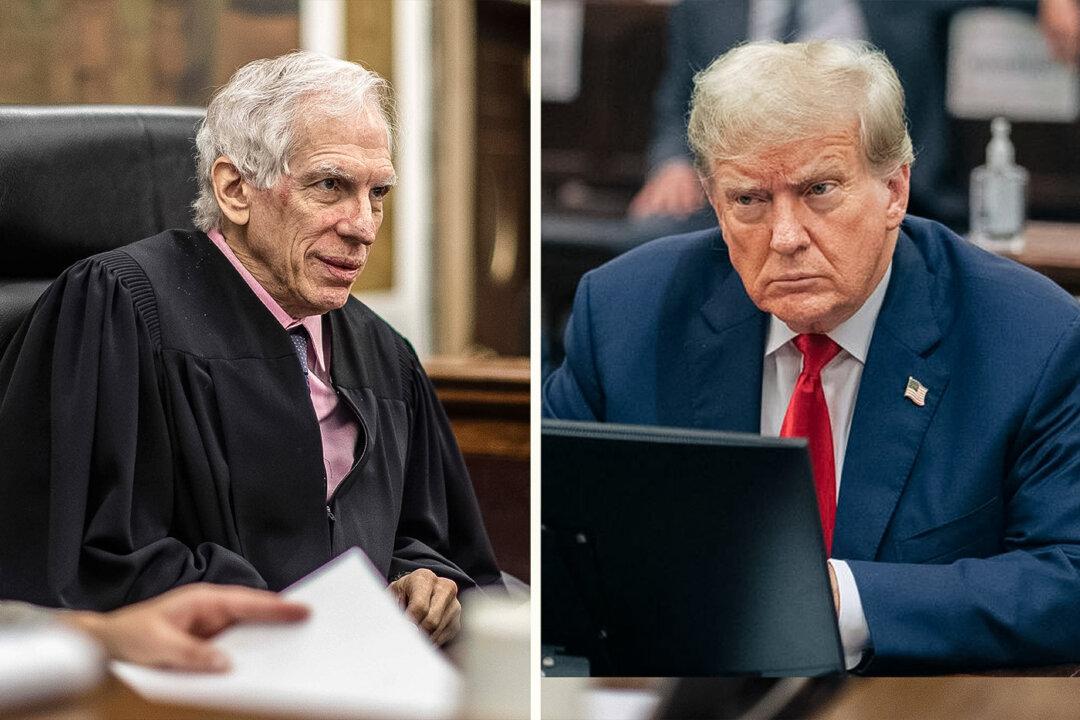State attorney Kevin Wallace, representing the New York Attorney General’s office, told the judge presiding over the Trump Organization fraud case that they are not aware of a perjury plea deal in the works.
Last week, the New York Times reported that sources say former Trump Organization CFO Allen Weisselberg is now in negotiations with the Manhattan District Attorney’s office for a plea deal that would require him to admit to perjury on the witness stand in the fraud case.





